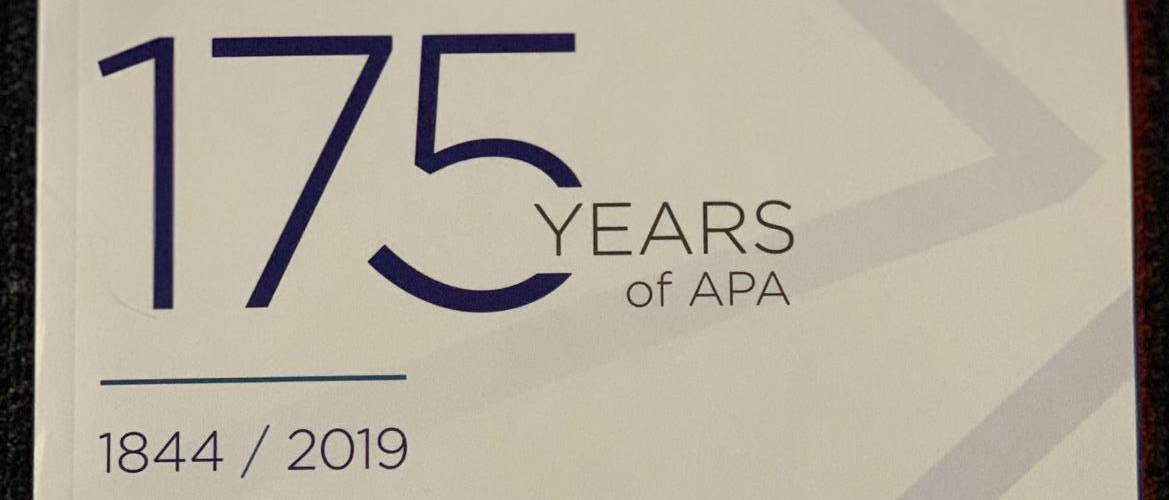
Choose a channel
Check out the different Progress in Mind content channels.

Progress in Mind

Despite the attractiveness of precision medicine (PM) for providing personalized patient management, it poses an investigational and often time-consuming burden on everyday psychiatric practice. It also lacks funding in many countries, explained Professor Stephen Stahl, University of California, San Diego, CA, chairman of the session at APA 2019. Few psychiatrists attending the session currently use PM techniques, which were described by experts from Turkey and Germany, who routinely use them to improve outcomes for their patients.
Precision medicine (PM) technologies aim to provide the right treatment at the right time to the right patient, based on a patient's personal biological profile. The techniques include genotyping, therapeutic drug monitoring (TDM), and quantitative electroencephalography (qEEG).
TDM and genotyping guide for dosage optimization to prevent lack of response or toxicity
Psychiatrists at Uskudar University, NP Brain Hospital, Turkey, use TDM and genotyping routinely to optimize medication dosage to prevent lack of response or toxicity and when managing addiction.
Professor Nevzat Tarhan explained how he uses genotyping to improve the outcomes for his psychiatric patients, especially those who are difficult to treat or treatment resistant, through the identification of:
Professor Nesrin Dilbaz described her use of TDM to obtain valuable objective measurements of plasma levels of medications to link to improvement or lack of response and inform dosage optimization or decisions to stop or continue a specific medication. She provided many examples of its benefit in her practice managing patients with addiction.
qEEG can be used to predict treatment response
Electroencephalography (EEG) is one of the best methods to assess brain function, said Professor Oliver Pogarell, University Hospital, LMU Munich, Germany, who uses quantitative electroencephalography (qEEG) to understand interindividual variations and enrich treatment options.
Professor Oliver Pogarell explained how qEEG provides quantitatively analyzed parameters of electrophysiological oscillations and can be used to predict treatment response. High activity in the anterior cingulate cortex (ACC) is associated with a poor response to antidepressants, he said. However, a major issue is the ability to replicate results and large prospective individualized studies are needed to provide the evidence.
Networks can also be investigated using EEG tools, and the next step is to look at functional connectivity, Professor Pogarell added. EEG might also have a potential for training the brain using neurofeedback through patient modulation of activity in certain regions, and qEEG promises to become a more valuable PM technique as signal processing methods become more sophisticated.
Time to revisit current psychiatric practice and reconsider the use of PM techniques
Professor Stahl concluded the session by suggesting that it is time to revisit current psychiatric practice and reconsider the use of PM techniques. He noted that they not only appear to improve patient outcomes, but also add a neurobiological dimension to thought processes that aligns with the rapidly evolving neurobiological understanding and classification of psychiatric disorders.